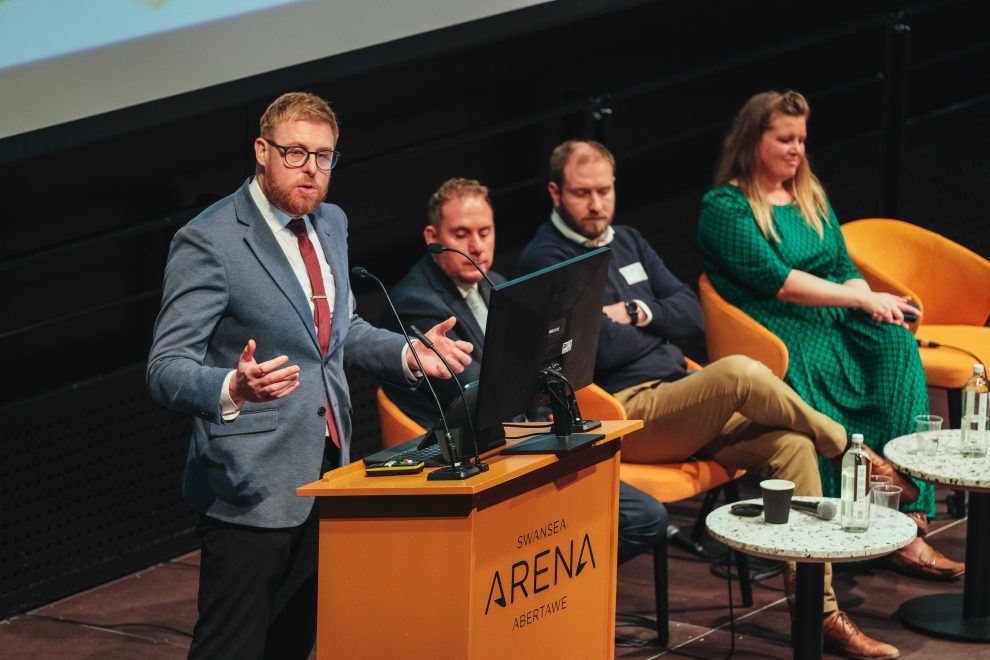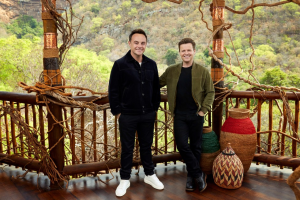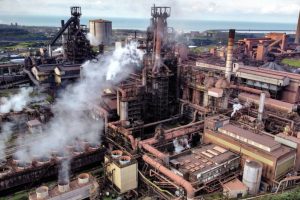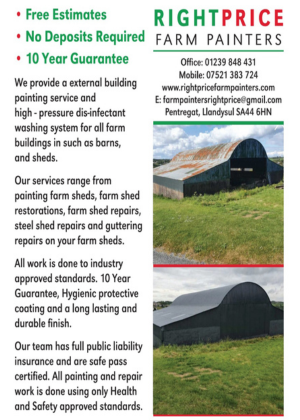He was speaking at the inaugural Green Economy Conference, which brought key announcements and attracted 1500 delegates
Speaking at the opening session of the inaugural Green Economy Conference for Swansea on Wednesday, Cllr Aled Vaughan Owen, Carmarthenshire County Council’s Cabinet Member for Climate Change, Decarbonisation and Sustainable Development for Carmarthenshire County Council, emphasised the importance of taking bolder decisions as an authority and entering into partnerships with businesses, academia and other organisations to rise to the enormous environmental challenges faced by the region, and the wider world.
“It’s no longer appropriate to work in individual organisations and silos,” he said. “We need to step into a radical new space where we collaborate across organisations and departments, stepping away from incremental changes and stretching the boundaries of what is possible.
“As a local authority is it our job to lead on this – but firstly, it’s important that we have politicians of the level of knowledge appropriate to the challenges that we face, who are equipped to make can make crucial policy decisions.
“We as local authorities need to master the art of delivering through others – purpose-driven businesses, academia, those who are responsive, innovative, should be given freedom to learn, to scale, and to share.”
Addressing the need to equip the council’s own people to rise to the challenge, he said that the council has delivered its own carbon literacy offering to the council members to raise understanding of climate and nature challenges, and more recently, supported by the Circular Economies Innovation Communities (CEIC) project it was “taking members and officers on a journey of exploration into the circular economy.”
“There are some regional and national thinkers and doers in the circular economy who imagine a world where waste is a concept of the past and resources flow seamlessly, creating balance between economy and ecology,” he added, naming various businesses in the county doing just that, and running “not just on profit margins but on positive impacts.”
He added that Carmarthenshire aims to grow as a regional centre of excellence around the circular economy.
“Llanelli is quickly developing into a place where circularity is not just a model but a philosophy,” he said, highlighting the Zero Waste Llanelli project, which aims to support the shift from a “linear mindset” to a “holistic and interconnected approach, where waste becomes obsolete and environment flourishes.”
He also discussed work underway in the county to dedicate one of the 24 county farms as a space to grow vegetables, as part of a food strategy that aims to unite growers, public bodies and food producers to shorten supply chains and create regenerative food systems.
Looking to the future, he addressed the need to redesign what is taught in schools, working with academia and businesses to tackle curriculum-related challenges and to “prepare our young people by empowering them with unshakable confidence and amplifying their voices when it comes to making decisions about the futures that they will live in.”
He added: “Recently, we’ve awarded over £7.5m through the Shared Prosperity Fund to organisations and businesses supporting us in skills, decarbonisation, the Circular Economy, nature restoration and so much more. However, this does require well-informed leaders at all levels, who understand the issues.
“We can no longer afford well-intentioned people with the wrong information making decisions about the future. We must be ambitious. We must be bold, and we must act on the stories of hope, not hype. We need to be the generation that doesn’t consume, but enriches the world that we live in.”
Over 1500 people attended the inaugural Green Economy Conference and Exhibition at Swansea Arena, which set out to strengthen communication and collaboration to build a green economy in South West Wales. Themes addressed included green jobs, greener transport, and how to decarbonise existing businesses.
The conference included a session on the circular economy in the region, with input from the people behind several innovative businesses and initiatives including Rob Poyer of Nappicycle and Natural UK; James Dovey of Blueprint; Deborah Baldrey of Swanse University and Tata Steel; Ruth Marie Mackrodt of Wool Insulation Wales; and Gary Walpole of CEIC Wales. The discussion addressed how to make use of shared resources, creating networks to reduce, reuse and recycle materials across the region.
This was followed by a renewable energy panel discussion, featuring Abi Beck from RenewableUK Cymru, Tom Sawyer from Port of Milford Haven and Celtic Freepor, Andrew Hartson from ABP and Celtic Freeport, Kamal Rajput from Tata Steel, Joseph Kidd from Hiraeth Energy and Marine Energy Wales, and Arwyn Williams from Pembrokeshire College. The panel discussed why the Celtic Freeport will be transformational, and how to maximise the benefits of renewables projects for local communities and the regional economy.
The construction and buildings panel discussion brought together Elfed Roberts from Pobl Housing Group, Oonagh Gavigan from Neath Port Talbot Council, Darren Thomas from Morgan Sindall Construction, Paul Gwynn from Raven Delta Group, and Jane Lewis from Regional Learning and Skill to discuss innovations and sustainable approaches in the built environment.
The final session explored how to decarbonise your business, bringing together Chris Dhenin from the Development Bank of Wales, Matthew Jobes from Edmondson Electrical, Huw Watkins from BIC Innovation and Trac C, and Tanya Nash from Future Clarity to discuss how regional businesses can start (and continue) their journey of sustainability and what support and funding is available.
Following the conference, Dawn Lyle, chair of 4theRegion, which organised the event, said:
“It’s really been an honour for our small team at 4theRegion to have so many people interested in, and working in, the green economy, come together at Swansea Arena in just the way we had hoped. There have been some fantastic businesses and organisations exhibiting and from all accounts, some really great conversations and connections made.
“If we are to create a sustainable future, it’s imperative to strengthen communication and collaboration through discussions and meetings such as those which took place today. So much more can be achieved when ideas are exchanged, innovations discussed, and information shared. It’s about building an ecosystem to support our common aims.
“We intend to run this conference on an annual basis. We depend on our sponsors and exhibitors to show their support for the events that we run, and so we will go where the energy is, but our hope is to be back at Swansea Arena on Tuesday November 19 next year.”



















